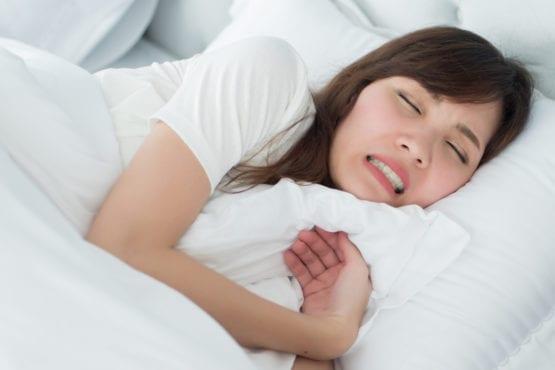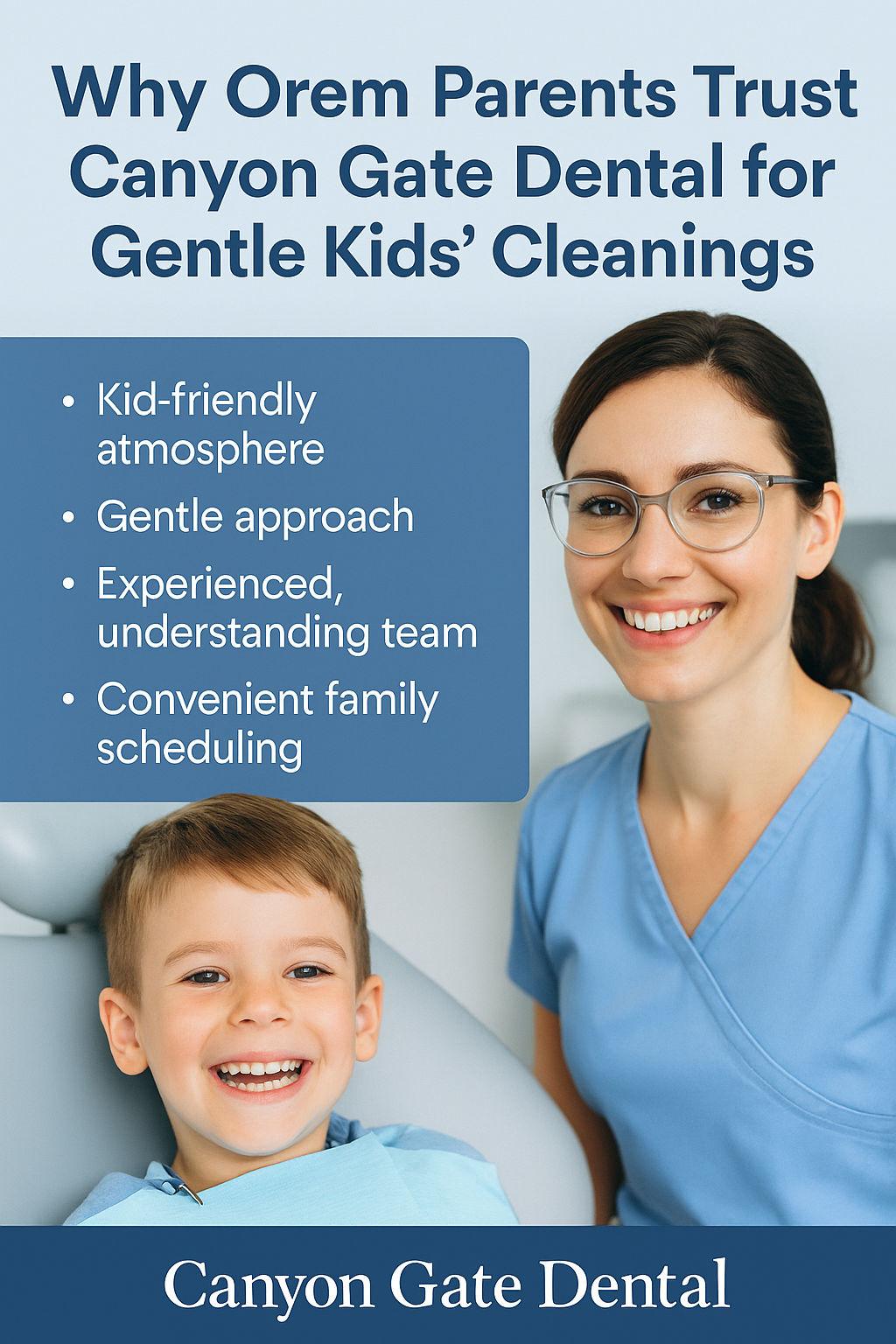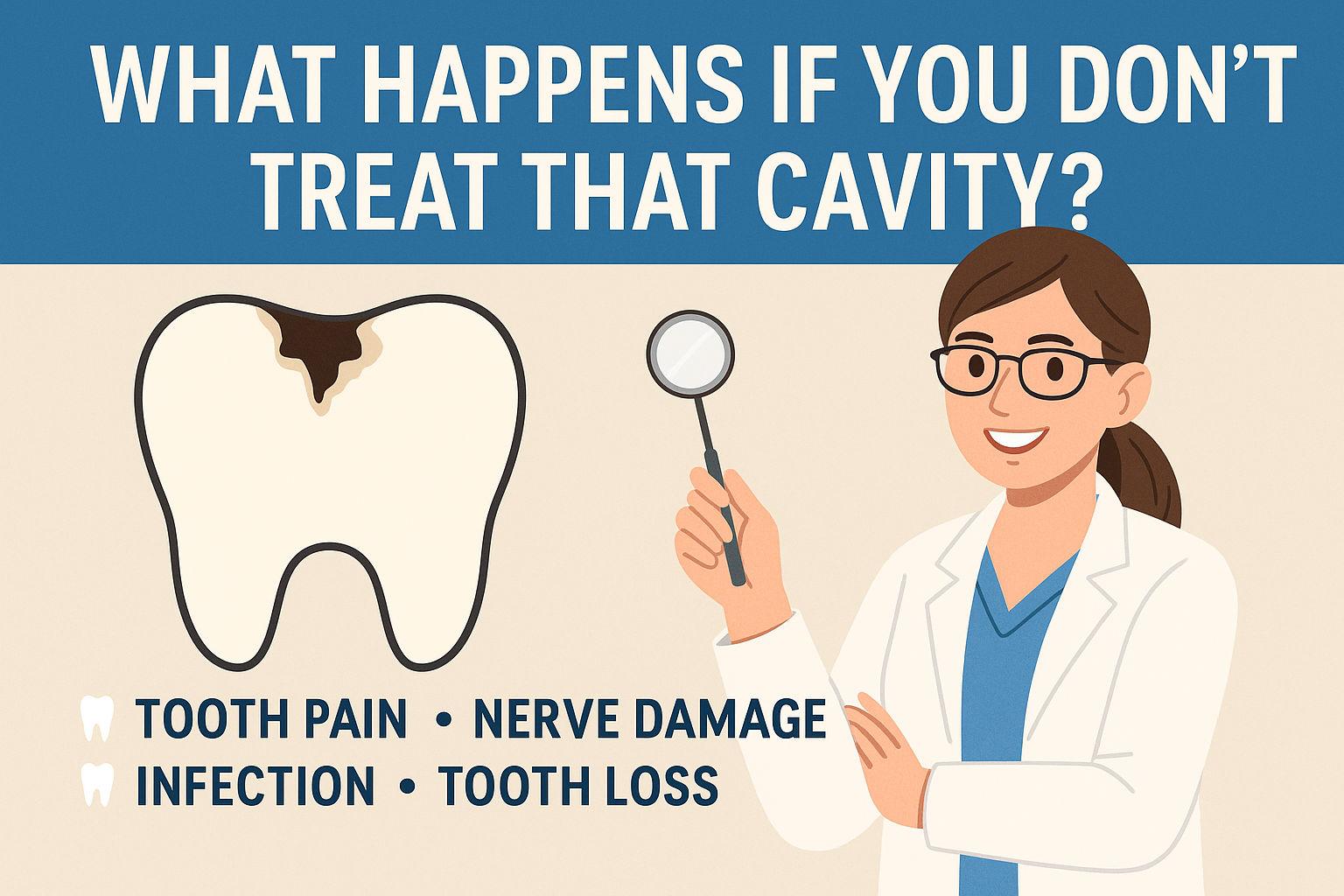Teeth grinding is a serious health problem that can’t be ignored or blamed on anxiety. Grinding your teeth is bad for your dental health and can cause a host of other health problems over time. Consult your dentist in Orem if you suspect that nightly teeth grinding is caused by stress, anxiety, or improper jaw positioning.
Here are five obvious symptoms: you’re a nighttime teeth grinder for people who aren’t as attuned to their bodies.
Sign 1: Morning Jaw or Tooth Pain
Your stress levels have a major impact on your physical well-being, and stress can have varying effects on various organs and systems. The likelihood of grinding your teeth in your sleep increases if you frequently wake up with severe headaches and a painful jaw or lower face, even if you don’t think you do it. Teeth grinding is associated with chronic muscular spasms in the jaw, neck, and shoulders. Your jaw discomfort may be the result of grinding your teeth if it is dull and most severe first thing in the morning.
Sign 2: Wearing Down of Tooth Enamel
Loss of tooth enamel causes teeth to seem shorter and duller in color. Teeth grinding not only causes enamel degradation but also exposes the dentin underneath, giving your teeth a yellowish or even orange hue. Loss of enamel makes teeth more susceptible to decay and can cause the uncomfortable sensation of roughness and abrasion on the chewing surfaces.
Sign 3: Damaged, Chipped, or Flat Teeth
When you grind your teeth, you apply uneven force to the chewing surfaces of your teeth, which can cause cracks and wear down the enamel over time. The teeth are more likely to crack or chip under such stress.
Sign 4: You Have Shrinking Gums
When you look in the mirror and smile, do you see a few extra teeth? Multiple factors, including bruxism, can lead to gum recession. Teeth grinding and clenching can cause gum recession because of the constant pressure on the teeth. Changes in the gum line should be reported to your dentist straight soon since they may be an indication of periodontal disease.
Sign 5: Your Teeth Are Extremely Nervous
Loss of tooth enamel makes it difficult to consume cold foods like ice cream or hot beverages like coffee and tea without experiencing discomfort. When teeth sensitivity gets severe, small cracks can form in the enamel, causing substantial discomfort. Mild damage can be repaired by dental bonding, in which a tooth-colored resin is used to fill in the existing fissures in your teeth that have been formed by grinding them.
Treatment Options For Teeth-Grinding
Your dentist can help you determine if teeth grinding is a problem, and then you can choose a treatment that fits into your daily routine to repair any damage and avoid further problems. Although there is no cure for Bruxism, several effective therapies are available.
Some common and helpful methods for addressing teeth grinding are:
- Stress Reduction
- Water intake increase
- Increase your sleep time
- Neither gum nor chewy foods are allowed.
- Getting fitted for a personalized mouthguard.
- Avoiding alcoholic beverages, which can exacerbate tooth grinding, is recommended.
- Cutting off caffeine
Teeth and Self-Improvement Should Always Be Top Priorities
Even though bruxism cannot be cured, it can be controlled with your dentist’s and your own assistance. Canyon Gate Dental may create a treatment plan for you that includes a tailored night guard to alleviate your symptoms and prevent the need for future extensive dental repair due to teeth grinding. Get in touch with us immediately to set up an appointment for a personalized nightguard, which can help you sleep better by preventing you from grinding your teeth throughout the night.









